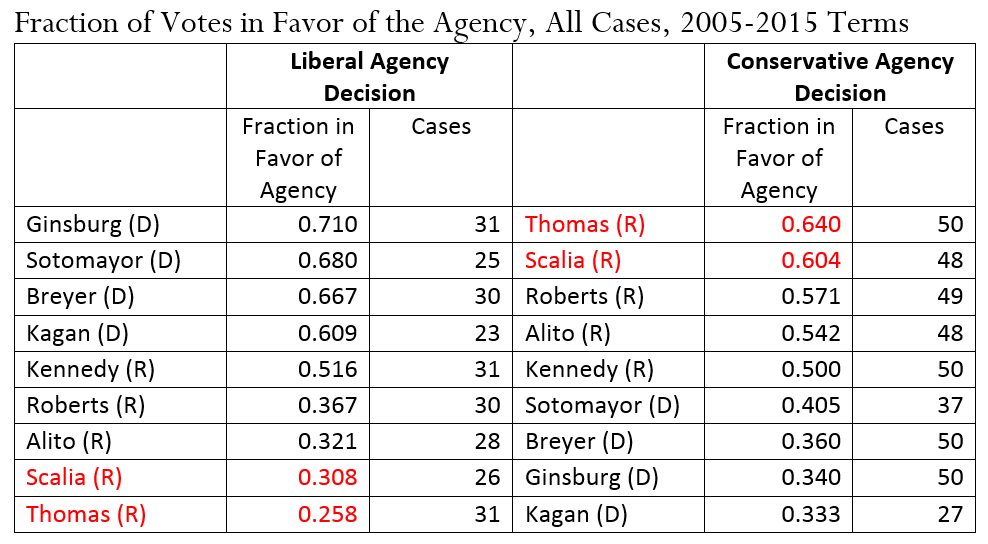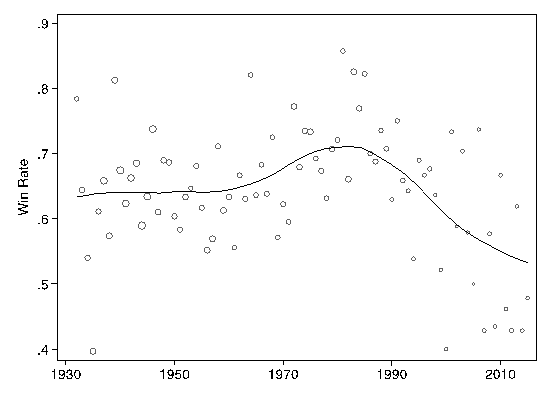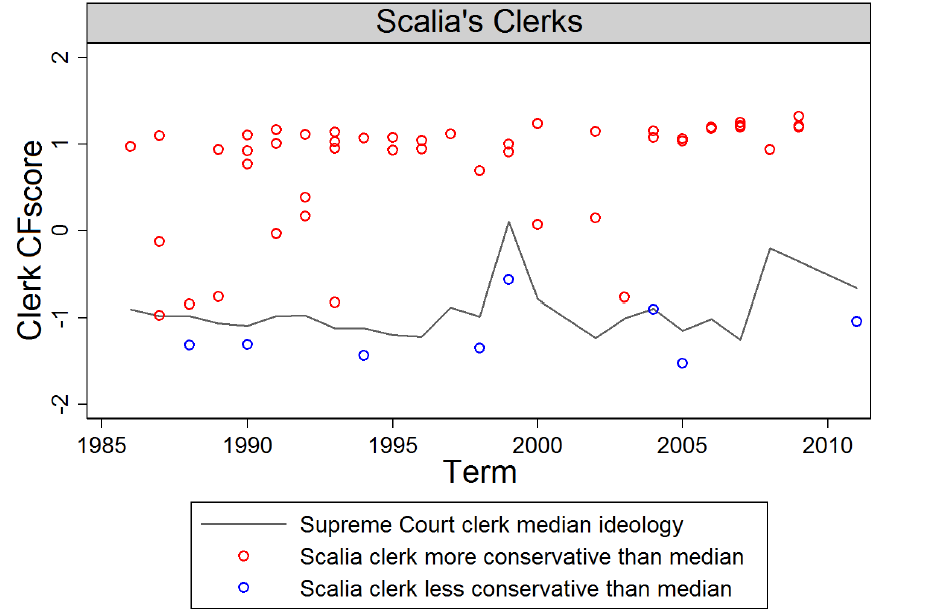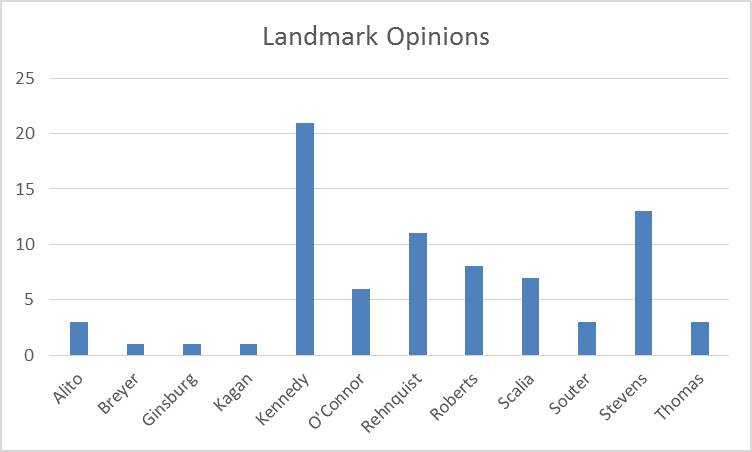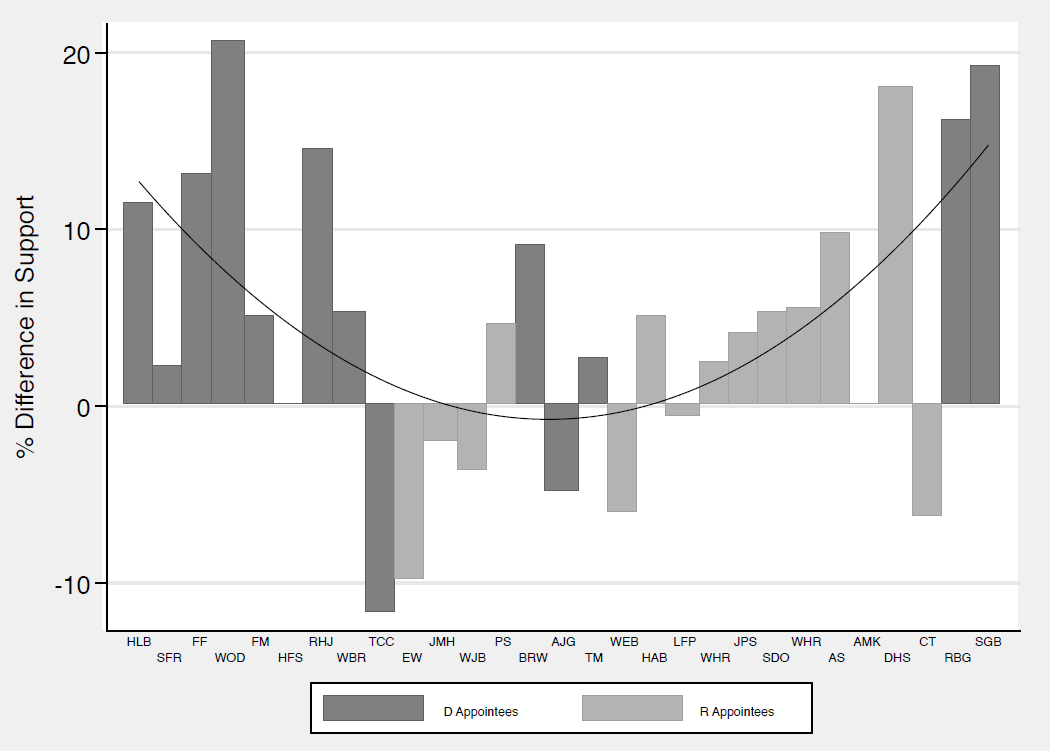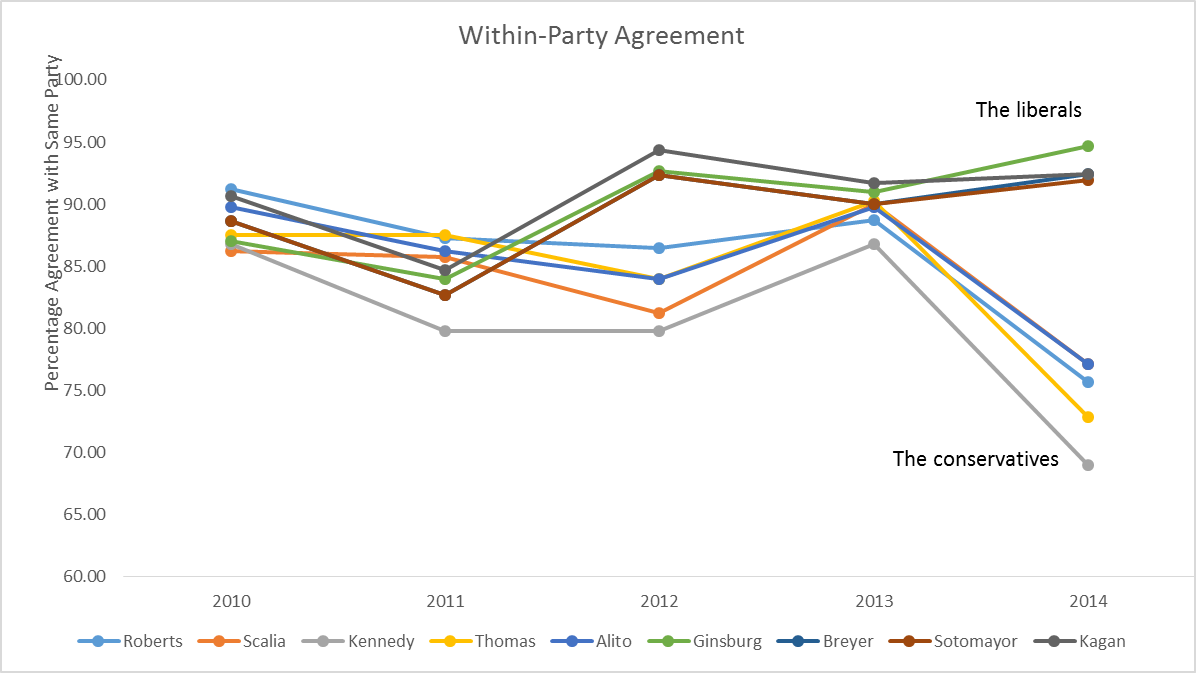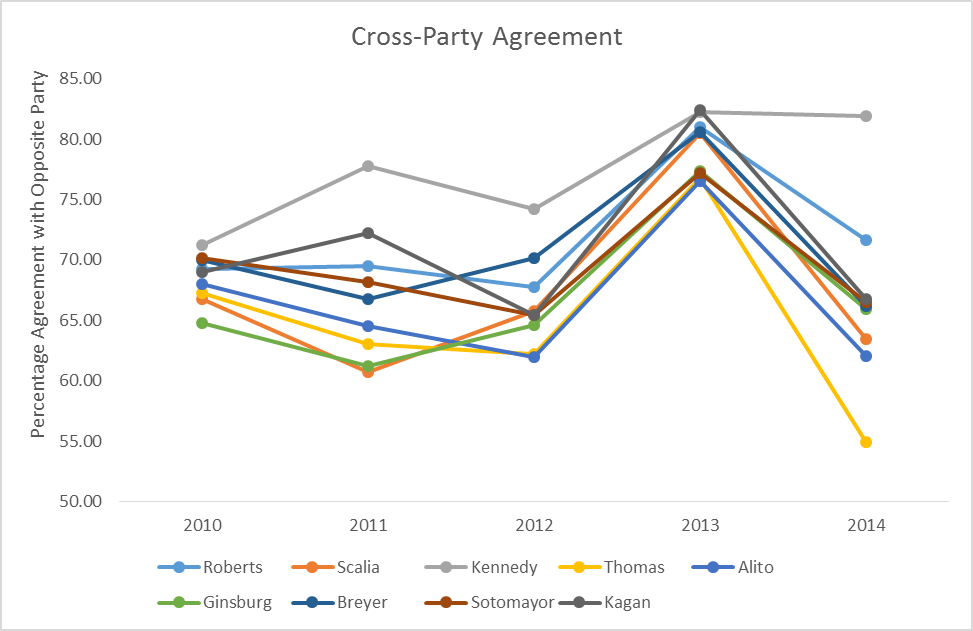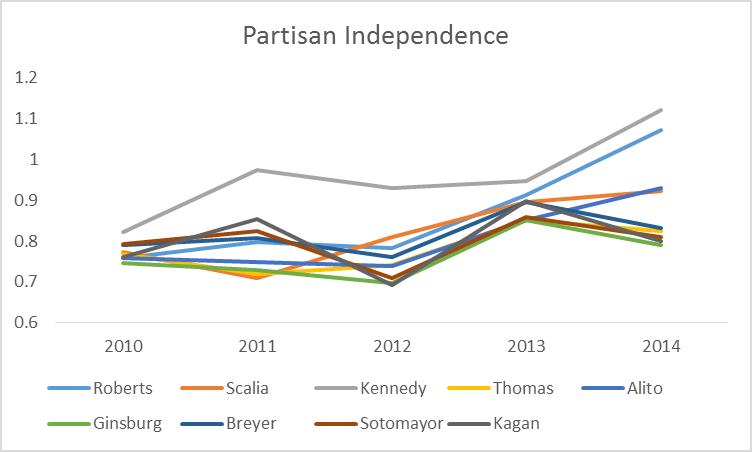If there is one thing that Kavanaugh’s critics and most ardent supports agree on, it is that he is an “originalist,” someone who interprets the Constitution according to the public understanding of it at the time of ratification (and in the case of amendments, adoption).
But there is, in fact, no evidence—at least, none I can find—that Kavanaugh considers himself an originalist. At the White House, he says only “a judge must interpret the Constitution as written, informed by history and tradition and precedent”—a standard line that could be given by anyone at all. In a video, he is asked point blank about his originalism, and he simply fails to answer. Instead, he talks about interpretation of statutes (which is not what he was asked), and only at the very end says this about the Constitution: “you start with the text but there are whole bodies of precedent on all of these areas or most of all of these areas of constitutional interpretation.” Not much of answer, and certainly not a ringing endorsement of originalism.
In fact, in his writings, Kavanaugh hardly mentions originalism at all. A textualist, yes. An enthusiastic fan of Justice Scalia, yes. But also a fan of William Rehnquist, no one’s idea of an originalist.
(For people who don’t follow legal debates, a “textualist” is someone who, when interpreting statutes, places primary weight on the normal meanings of the words, rather than on legislative history, the purpose of the statute, public policy, etc. A textualist is not necessarily an originalist, indeed, the two ideas are in tension, as the originalist tends to fall back on constitutional purposes as reflected in the contemporary public debate because the constitutional text is so often vague.)
What has Kavanaugh (as opposed to his supporters and critics) said on the topic? In his judicial opinions, next to nothing. He has cited The Federalist Papers, a favorite of originalists, a few times. But I haven’t found an opinion in which he engages in serious originalist analysis. To be sure, as a Court of Appeals judge, opportunities for doing so would be rare, but it is still surprising that an originalist wouldn’t take the opportunity, in a concurrence or dissent, to make originalist arguments in favor of changing doctrines that he believes the Supreme Court has gotten wrong. Kavanaugh, who has had some success in influencing the Supreme Court, would have been in an ideal position to do this.
Kavanaugh has discussed originalism in two lectures he published in the Notre Dame Law Review. They are:
Our Anchor for 225 Years and Counting: The Enduring Significance of the Precise Text of the Constitution, 89 Notre Dame L. Rev. 1907 (2014)
Two Challenges for the Judge as Umpire: Statutory Ambiguity and Constitutional Exceptions, 92 Notre Dame L. Rev. 1907 (2017)
The articles make an interesting pair. In the 2014 lecture, Kavanaugh takes a Hugo Black-like stance on the Constitution, arguing that “one factor matters above all in constitutional interpretation and in understanding the grand sweep of constitutional jurisprudence—and that one factor is the precise wording of the constitutional text.” He then discusses a few separation-of-powers cases which, he claims, were resolved entirely by the constitutional text. He admits that some clauses of the Constitution (“due process,” “equal protection”) are hard to parse. “But in far fewer places than one would think.” Thus, he argues a “textualist” approach to the Constitution is the best one. Whether or not he thinks this is the same as originalism is not clear. Perhaps you think it might be, but this is not the end of the story.
By 2017, Kavanaugh seems to have had second thoughts. In truth, a great many separation-of-powers cases were not decided on textualist grounds; scholars have often scratched their heads about why the Court sometimes uses a kind of textualist approach (the cases that Kavanaugh discussed) and sometimes not (cases he did not mention). Maybe Kavanaugh realized this problem, and sought to address it head on. In the second piece, he turns his attention to the vaguer language in the Constitution. He acknowledges upfront that it is impossible to interpret them in a textualist fashion (which by now he calls “absolutist”):
No exceptions [to the First Amendment prohibition on restriction of “freedom of speech,” as applied by the Fourteenth Amendment to the states] would mean no libel laws and no defamation laws. Threats and incitements would be protected under the First Amendment. Traditional state restrictions on speech could be wiped away if the rights were absolute and incorporated such that they applied against both federal and state governments. And no one was prepared to do that, and no Justice has ever advocated such an approach, as far as I know. Indeed, even Justice Scalia—the foremost textualist and originalist—did not hold that view. No one—and I mean no one, not even Justice Black—articulates that view of the First Amendment.
So what does that mean? It means that there are exceptions to constitutional rights. But how do we determine what the exceptions are? And there it is. That’s the battleground. That’s the difficulty. That’s the threat to the rule of law as a law of rules. That’s the threat to the judge as umpire.
Kavanaugh goes on to acknowledge (unlike in his first piece) that the text of the Constitution has not determined the Supreme Court’s jurisprudence:
In all of these examples, what I want to emphasize is that the exceptions here are ultimately a product of common-law-like judging, with different Justices emphasizing different factors: history and tradition, liberty, and judicial restraint and deference to the legislature being three critical factors that compete for primacy of place in different areas of the Supreme Court’s jurisprudence articulating exceptions to constitutional rights.
So what to do? To an originalist, the answer would be plain. You throw out all the cases that depart from the original meaning. Of course, some originalists say we should give weight to precedent, but this admission is largely fatal to the originalist enterprise, or at least the version that Kavanaugh addresses, since putting weight on precedent involves the subtle questions of balance that Kavanaugh wants to avoid.
Kavanaugh’s answer? “I do not have all the answers to those problems. But we should identify and study these issues.”
Whatever he is, he’s not an originalist, at least not by self-identification. Not yet, anyway.
[Update. A correspondent drew my attention to two opinions that, he argues, shows that Kavanaugh is an originalist: the dissents in Free Enterprise Fund v. Public Co. Accounting Oversight Bd. (2008), and Heller v. District of Columbia (2011). I can see the argument that Kavanaugh’s opinion in FEF is orginalist in approach. I don’t think his analysis is correct (the founding-era understanding was that the executive should have some degree of responsibility over employees in the executive branch but was not clear how much), but that’s not the issue. In Heller, Kavanaugh said that he was following supreme court precedent, and I wouldn’t put much weight on a footnote in which he says “post-ratification adoption or acceptance of laws that are inconsistent with the original meaning of the constitutional text obviously cannot overcome or alter that text.” He then cites Marbury v. Madison and Brown v. Board of Education, which I would prefer to chalk up to a bit of judicial trolling].

